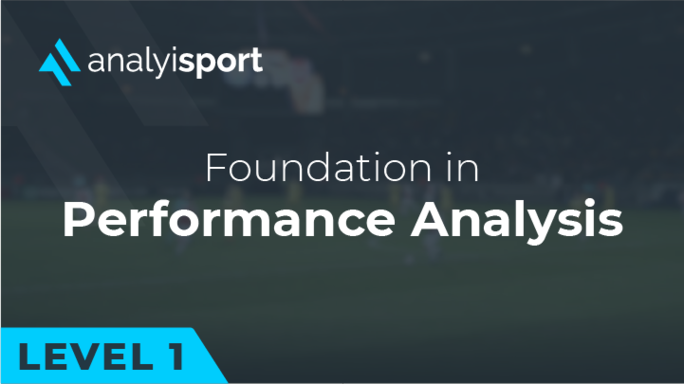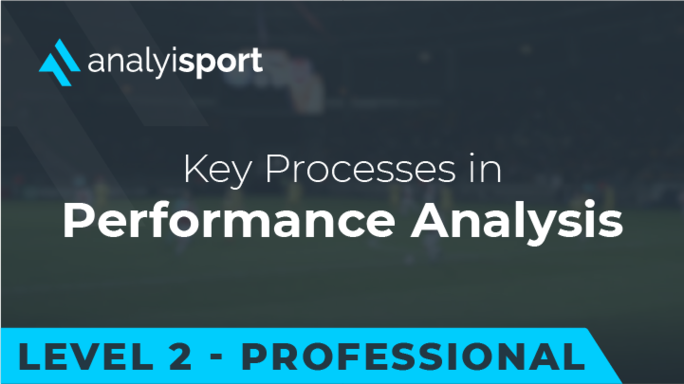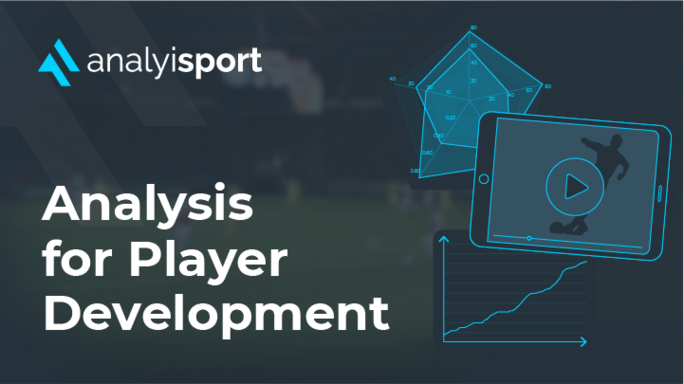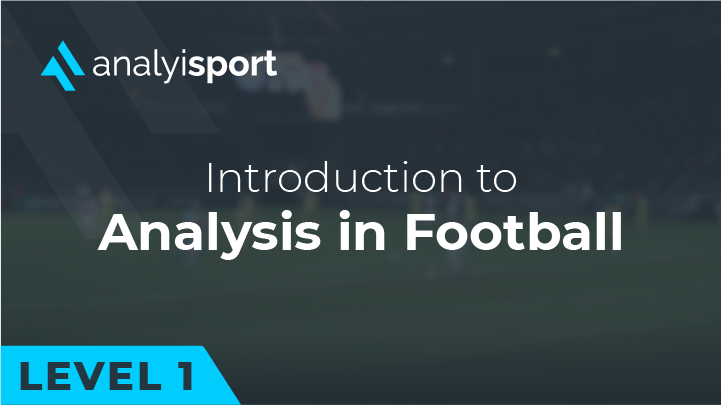How is data used in Liga Portugal and Portuguese football?
How is data used in Liga Portugal and Portuguese football?
Behind the top 5 European leagues, Portugal’s Primeira Liga tends to be seen as the sixth or seventh best football league in the world in terms of quality of play.
Given the number of great players to have come from the Portuguese division, it may not come as a surprise to see the Primeira Liga so high up the list. But it is important to recognise that the league is maintaining this status despite having a significantly smaller budget than most of its competitors.
Known as ‘The Big Three’, Benfica, Porto and Sporting are the most successful Portuguese clubs, both domestically and in European competition.
All three have found success acquiring players for little to no money before developing them and selling them on to wealthier teams around Europe for a big profit. Young Portuguese players tend to attract a fee far above the average for players from leagues of a similar stature, so what is it that these clubs are doing that allows them to implement this strategy so successfully?
How do Benfica use data?
When all of the trophies won by The Big Three are added up, Benfica is the club which comes out on top, having triumphed in the Primeira Liga 37 times.
Much like their transfer policy, the Lisbon-based club’s on-field success is based on a focus on youth and innovation. Knowing that the most talented among their young players are likely to move on to bigger European teams, Benfica fosters a culture of responsibility and personal development that prepares those players for bigger challenges.
And this is where data comes in. The Benfica Lab, part of the infrastructure at the 46-acre Benfica Campus, comprises a multidisciplinary team which has been monitoring and analysing physical data for Benfica players for over a decade.
Using the latest technology, sports scientists at Benfica Lab record a vast amount of physical data for every player at the club right the way through to the under-14s, focussing on three main areas.
First, Strength & Conditioning analysis looks to optimise physical performance and prevent injuries from recurring. The second area centres around monitoring player wellbeing, including how they sleep, how their body copes with and recovers from physical sessions, and even their mental readiness for matches. Finally, the ‘Return to Play’ department uses data to help players manage their physical condition during rehabilitation.
For the youth players, this data becomes particularly useful in terms of understanding the stage of physical development at which they find themselves. Knowing this, and with the help of machine learning, personalised training plans are provided to help players develop at the right speed and in the right areas whilst also avoiding injury.
This data-focussed approach doesn’t just help young players improve physically, but also gives them the chance to take responsibility for their own development, and this is what makes them such well-rounded and in-demand players by the time they reach Benfica’s first team.
The Portuguese vision
The emphasis on player analysis and development among The Big Three aligns with the vision set out by the governing body for Portuguese football, the Portuguese Football Federation (FPF). When Fernando Gomes took over the organisation’s presidency in 2012, his strategy was clear.
Having won their first two major tournament titles ever since Gomes’ arrival, the FPF has reaped the rewards of a long-term strategy of patience and efficient use of their limited resources.
“In Portugal, we have ten million people and the third-worst participation in sports in Europe. We have 200,000 registered football players. We cannot afford to lose the next Cristiano Ronaldo. Maybe other countries can. We need to grab them all”, says the federation’s ex-CEO, Tiago Carneiro. The need to work smartly with the talent that Portugal have is clear.
What is Canal 11?
For the FPF, working smartly means investing in technology and infrastructure, which they have done in several forms. For example, the creation of their own Cidade do Futebol (City of Football) has provided the Portuguese national team with a state-of-the art training complex to use.
As well as its analytical and sport science facilities, the complex is also home to the headquarters of the FPF’s very own TV channel, Canal 11 – the first of its kind in Europe.
As opposed to commercial channels that showcase games from Liga Portugal and the Champions league, Canal 11 is motivated instead by the desire to educate and inform.
By broadcasting exclusive interviews and alternative football matches, such as youth games or women’s games, the channel offers the free-to-view football content that it believes everyone should have access to.
Disseminating knowledge in this way helps to increase interest in football in a country that has a low participation rate, which is one of the FPF’s long term goals.
What is the Portugal Football School?
But the FPF’s commitment to developing knowledge goes further still. In fact, it has its own university, the Portugal Football School, which is designed to educate those individuals involved with the development of Portuguese football so that they are best informed to make decisions about the federation’s future.
Additionally, the Portugal Football School is committed to conducting football-based research. This is epitomised by the university’s subsidiary, the Portugal Football Observatory, which was created in 2021.
The Observatory publishes studies, among other academic works, based on data analysis which identify trends in the data and use their findings to advance discussions within the sport.
These studies ultimately serve to help Portuguese football progress and cover topics such as substitution analysis and predicting player success based on their performances in youth national teams.
Liga Portugal’s link with LaLiga
Despite the self-sustaining strategy implemented by Fernando Gomes, those in charge of Portuguese Football are not averse to working with organisations from other countries.
In 2022, Liga Portugal, the governing body for Portugal’s top two leagues which is overseen by the FPF, agreed a partnership with the Spanish league’s technological subsidiary, LaLiga Tech.
Since 2021, LaLiga Tech has been developing data-led technology in order to revolutionise many areas of football, including sports science, performance analysis and fan engagement. Like Benfica Lab, LaLiga Tech works with Microsoft to process its large amounts of data from which innovative insights are drawn using Artificial Intelligence (AI).
LaLiga Tech have announced that their partnership with Liga Portugal will initially focus on a different area covered by their technological ecosystem: brand protection. This involves using machine learning to tackle the selling of counterfeit merchandise online and bolster clubs’ revenue.
Whilst it is rare for footballing bodies from different nations to work together in this way, it is clear that the FPF are willing to prioritise technological innovation, even if it means using technology developed by others.
This commitment to football’s digital transformation is the newest development in the FPF’s long-term plan, and Fernando Gomes will be hoping that a data-driven approach will enable the nation, through both its national and domestic teams, to continue to excel with limited resources for decades to come.
Related Courses:

- Level 1
- Course
Level 1: Foundation in Performance Analysis in Football
£199.00 Original price was: £199.00.£85.00Current price is: £85.00.

- Level 2
- Course
Level 2: Key Processes in Performance Analysis in Football
£199.00 Original price was: £199.00.£149.99Current price is: £149.99.
Share this article
Our Learning Pathways
AnalyiSport is for everyone who is passionate about analysis in football. Where are you in your development journey?
Become a Football Scout
As more clubs than ever look to build data into their recruitment process, an understanding of recruitment analysis is your ticket to success in the game.
Related Articles
Our team provides news and insights from the cutting edge of football analysis.





